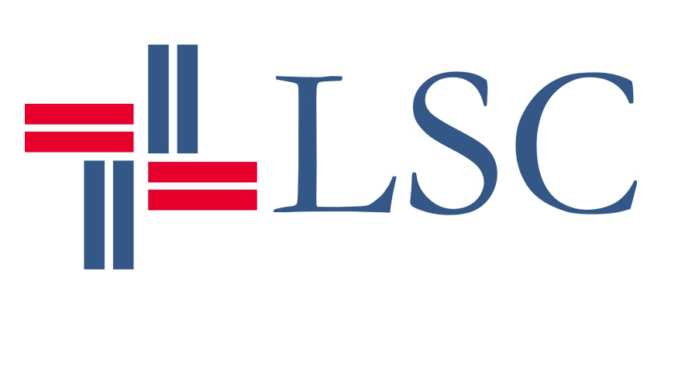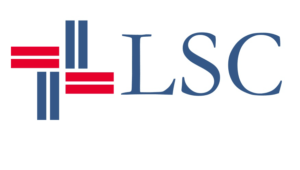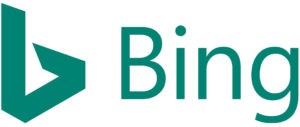
Tech giant Microsoft has partnered with the US Legal Services Corporation (LSC) to develop a new wave of machine-learning legal portals to provide free civil law information to those who cannot afford a lawyer.
The LSC will collect data and feedback from two pilots in the US with a view to improving the system, with the deployment of chat bots or ‘legal bots’ seen as a realistic next step.
The portals will also aim to make use of natural language processing (NLP) so that users can ask questions in ‘natural language’ and then receive an appropriate answer from the legal aid system.
To achieve this step forward in the use of legal tech the LSC said they will be working with Microsoft’s team at its search engine, Bing, which as with other search engine groups are experts in AI and NLP.

The LSC-Microsoft project will be first piloted in the states of Hawaii and Alaska. In a statement to Artificial Lawyer, Glenn Rawdon, Senior Program Counsel for Technology, LSC in Washington DC said: ‘We plan to use machine learning in the portal. Our Microsoft team is working with their Bing division on how this can work best.’
‘The plan is to let users ask legal questions in natural language and have the portal parse the question and return results most appropriate to their situation. Version one may not have chatbots, but we do envision their use,’ he added.
The LSC has a long tradition of embracing web-based technology to provide legal information to those who need advice, but who may not be able to afford a lawyer. However, the current project would appear to be the most ambitious yet as it seeks to embrace NLP, machine learning and in the future perhaps also interactive legal bots.

The LSC added in a statement: ‘There is no right to counsel in civil disputes in the United States, and each year as many as 80% of low-income people who face civil legal problems that threaten their homes, family stability, and livelihoods are unable to obtain legal assistance. Many other individuals living on moderate incomes are unable to afford an attorney, or aren’t sure where to start their search for help.’
Microsoft President and Chief Legal Officer, Brad Smith, added: ‘If you can’t afford a lawyer, then you can’t solve crippling housing, child custody, or civil litigation disputes. Technology can help bridge this justice gap by empowering people with the advice and services they need to lead fruitful lives.’
1 Trackback / Pingback
Comments are closed.